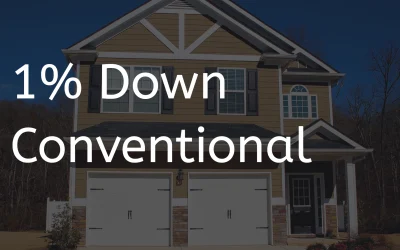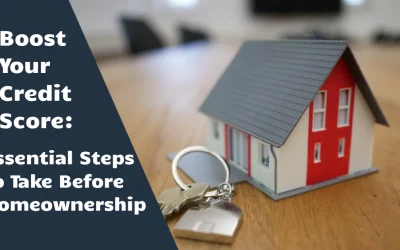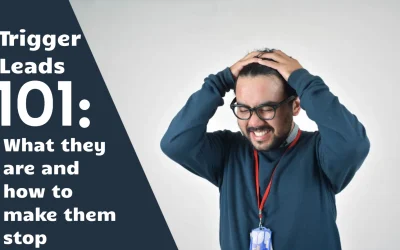As you embark on the journey of buying your own home, one of the crucial decisions you’ll face is determining the right down payment for your mortgage. The down payment has a significant impact on your overall financing, interest rates, and monthly mortgage payments. In this blog post, we will explore various factors to consider when deciding on the perfect down payment amount, ensuring not only financial stability but also overall satisfaction in your homeownership experience. Join us as we delve into the art of choosing the right down payment for your mortgage!
1. Define Your Financial Goals
Before diving into the specifics, it is essential to understand your financial goals and how homeownership fits into your overall financial plan. Take some time to assess your long-term financial stability, current debts, spending habits, and savings capacity. Consider whether you aim to build equity quickly, lower your monthly mortgage payments, or maintain a healthy cash reserve for emergencies.
2. Calculate the Standard Down Payment Options
Traditionally, a down payment of 20% has been the industry standard, allowing buyers to avoid private mortgage insurance (PMI) and negotiate better interest rates. However, a 20% down payment could be a significant financial burden, especially for first-time homebuyers. Luckily, several options cater to diverse financial situations, including down payments as low as 3.5% for FHA loans and 3% for conventional loans.
3. Evaluate Your Specific Mortgage Products
Different mortgage products may offer varying down payment requirements. Whether you are considering Conventional, FHA, VA, or USDA loans, thoroughly research each program’s terms and their associated down payment options. Keep in mind that smaller down payments may entail higher interest rates or mortgage insurance premiums. Analyzing these details can help you make an informed decision.
4. Assess Your Monthly Cash Flow
Understanding your monthly cash flow is crucial when it comes to choosing the right down payment amount. Consider your income, existing debts, and regular expenses. Aim for a balance that allows you to make mortgage payments comfortably while still maintaining a sustainable lifestyle. Calculate the approximate monthly payments based on different down payments to assess their feasibility.
5. Weigh the Pros and Cons of Different Down Payment Amounts
To find the sweet spot for your down payment, evaluate the advantages and disadvantages of various options. A higher down payment often results in lower monthly payments, less interest paid over time, and no need for mortgage insurance. Conversely, a lower down payment preserves cash flow, provides capital for renovations, and allows for diversification in investments. Weigh these factors based on your unique financial circumstances.
6. Consider Home Equity and Appreciation Potential
Remember that the down payment also influences your initial equity in the property. Higher down payments increase your home equity, which may provide access to better loan terms and refinancing options in the future. Additionally, a larger down payment can protect you against potential market fluctuations and can contribute to faster equity growth if your investment appreciates.
7. Factor in Consideration for Closing Costs
When determining your down payment, consider the potential closing costs associated with the purchase of your home. Closing costs typically range from 2% to 5% of the home’s purchase price, covering expenses such as inspections, attorney fees, loan origination fees, and property taxes. Ensuring you have enough saved for both the down payment and closing costs is crucial for a smooth home-buying process.
Conclusion
Choosing the right down payment for your mortgage is a pivotal step towards achieving your dream of homeownership. By evaluating your financial goals, considering mortgage products, assessing your cash flow, and weighing the pros and cons, you can find the down payment option that aligns with your long-term financial stability and aspirations. Remember, homeownership is a journey, and finding the right path begins with a well-thought-out down payment strategy.
Breaking Barriers: A Revolutionary Loan Option for First-Time Homebuyers
Unlocking Homeownership: The 1% Down Mortgage Revolution In today's challenging real estate market, many aspiring homeowners find themselves trapped between the dream of owning a home and the financial hurdles of traditional down payments. However, a groundbreaking...
Boost Your Credit Score: Essential Steps to Take Before Homeownership
Embarking on the journey to homeownership is an exciting milestone, but before you can unlock the door to your dream home, you need to ensure your financial foundation is solid. One of the most crucial elements in this process is your credit score. Your credit score...
Trigger Leads 101: What They Are and How to Make Them Stop
A trigger lead is a type of marketing lead sold by credit bureaus to lenders and mortgage companies. When someone applies for a mortgage and their credit report is pulled, it can act as a "trigger" for the credit bureaus to sell that consumer’s information as a lead...




